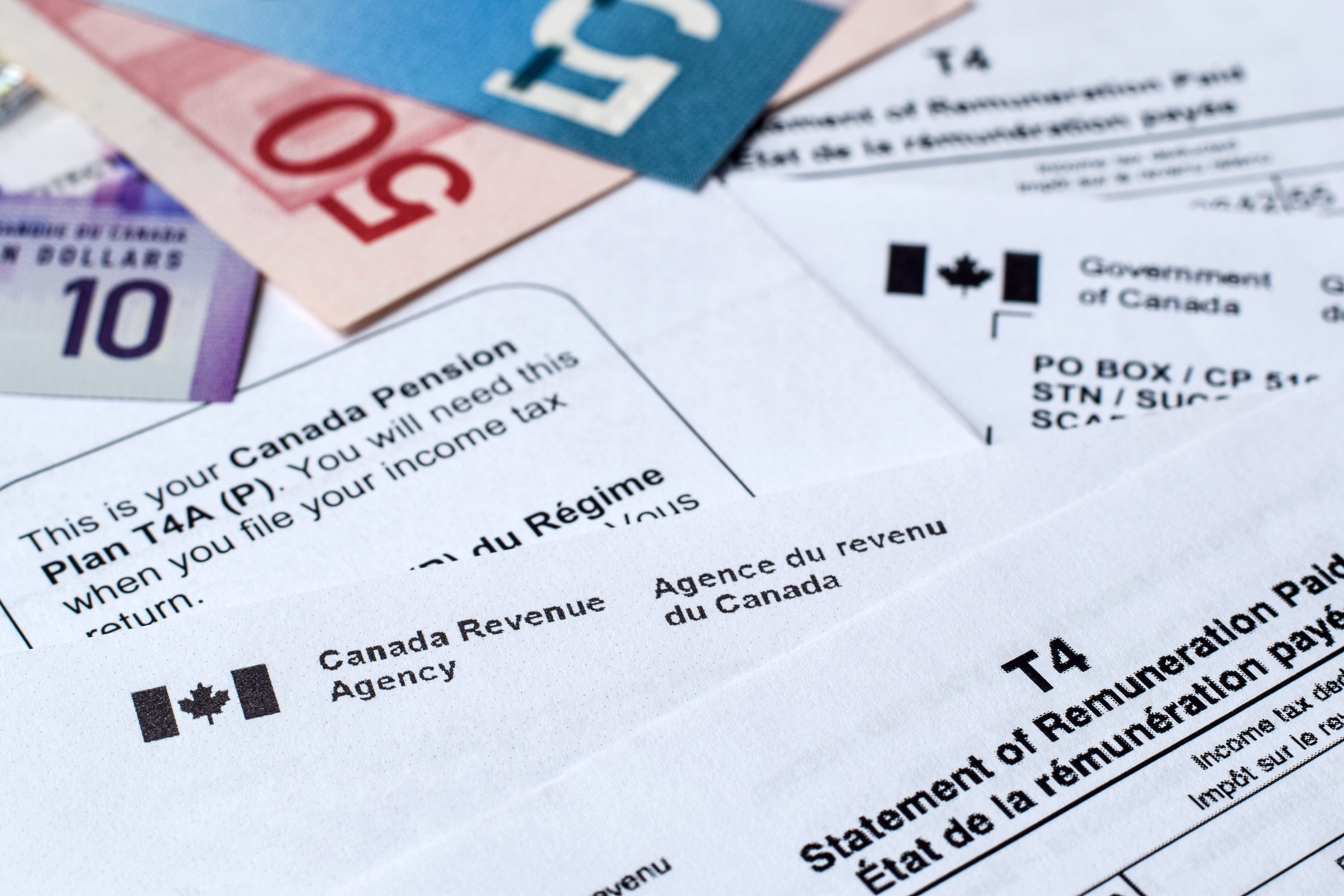Strategic Planning & Business Consulting
What Small Business Owners Should Know About Asset Sale and Share Sale
September 22, 2023

Being a business owner, you have to think both short and long-term. How to grow your business and what to do when you retire. Do you want to pass it on to the next generation or sell it? If selling is your exit strategy, you need to plan for it to reduce your tax liability. There are two ways to sell. Either you sell your business assets or business shares. Buyers’ and sellers’ benefits and tax considerations differ in both cases. There is also a third option of hybrid sale, where you sell assets and shares and maximize your returns from sales proceeds.
This article will walk you through the long and short-term tax implications for buyers and sellers in share and asset sales. Knowing the benefits and tax liabilities will help you plan your sales accordingly.
Buying and Selling of Business Assets
Buying business assets is preferred by buyers for the long-term tax benefits and the financial benefits it brings. An asset sale occurs when you sell your business assets like land, building, delivery van, warehouse, equipment, inventory, and intellectual property.
Benefit To The Buyer
When you sell these assets, the buyer can depreciate them over the years at the rates prescribed by the Canada Revenue Agency (CRA) and reduce the taxable income. The buyer gets to
- choose the asset they want to buy instead of buying the entire business
- deduct depreciation
- avoid corporate liabilities like unpaid tax or debt, which they would otherwise incur in a share sale.
A buyer can decide which asset can give them the most desirable tax benefit as the CRA allows a higher depreciation rate for some assets.
Benefit To The Seller
A business asset sale doesn’t bring any specific tax benefit for the seller. Instead, if the asset value in your books after depreciation is $5,000 and the selling price is $6,000, you have to recapture income of $1,000 and add 50% of the capital gain ($500) to your taxable income.
Once the asset is sold and the gain realized on the book value, you can withdraw the non-taxable portion of the capital gain ($500 in our example) as capital dividends from the corporation. This capital dividend will be tax-free in your hands.
The way taxation works in selling business assets, buyers might want to buy depreciable property at a higher price to claim maximum depreciation. Sellers might want to sell the depreciable business assets closer to book value to minimize recapture income.
In such a scenario, you can sit with a professional accountant and work out the numbers to determine a price that would benefit you and the buyer.
Buying and Selling of Business Shares
Buying business shares is preferred by sellers as they can claim the long-term capital gain exemption (LCGE) benefit. However, a share sale is favourable to the seller when the business is incorporated, and shares are owned by an individual seller, not a holding company.
Benefit To The Buyer
When you buy shares, you buy everything, including the business’s name, assets and liabilities owned and owed by the business, the clients and goodwill that comes with the brand name. Buying business shares is more beneficial when the company’s assets are its client pool or talented workforce, like a law firm.
However, a drawback to this method is that with assets come liabilities. If there is an audit and the acquired company has several taxes, penalties and fines due, that would have to be borne by the new owner. Hence, it is imperative to do thorough due diligence before buying business shares. The buyer could consider adding a clause in the purchase agreement that dictates the old owner would be responsible for all unpaid taxes and dues before the said date.
However, a buyer can also turn these liabilities into assets. Many buyers buy companies with significant tax pools like investment tax credits, carbon credits, and non-capital loss carryforwards. The buyer can use the tax pools of the acquired company to reduce their tax liability.
Benefit To The Seller
While the buyer has limited tax benefits, the seller can avail LCGE benefit of $971,190 in 2023. This exemption has certain conditions:
- 90% or more of the corporation’s assets must be used in active business at the time of sale.
- 50% or more of the corporation’s assets must be used in active business 24 months before the sale of the business.
- The shares must be owned by the individual seller or a person related to the seller during the 24 months before the sale of the business.
To meet these conditions, withdraw assets that accumulate returns (like investments). When you sell a qualified business, you need not pay tax on $971,190 of the capital gain. Moreover, you also retain the assets not used actively in the business.
For instance, Paula sold her shares (qualified for the LCGE) worth $1 when she started the business at $500,000. She need not pay any tax on the $499,999 capital gain.
The way the taxation works in the sale of business shares, sellers might want to buy shares at a lower price as they take up all business risk and do not get significant tax benefits. Buyers might want to sell the shares at a higher price till they meet the LCGE limit.
How To Select The Best Option For Your Business
If your business is not incorporated, you may not be able to avail the benefits of selling shares. But you can still sell your assets and exit the business. Depending on your business, you can also use a hybrid approach, wherein you sell assets with accrued gains through asset sale and qualify your business for LCGE. Once the business qualifies, you sell the shares and avail the LCGE.
It is easier said than done. Selling a business asset or shares involves several steps. Before proceeding with the sale, small business owners should calculate the after-tax gain and determine whether to proceed with an asset sale or share sale. This information can assist you in negotiating a price.
Contact DDL & Co. in St. Catharines to Help You With Business Buying and Selling
A professional accountant and business consultant can help you conduct a detailed review of the business and identify problems. The experts can help you determine the obstacles before buying or selling a business and help you choose the most tax-efficient strategy. At DDL & Co., our accountants and business consultants can provide services such as business reviews and business exit strategies. To learn more about how DDL & Co. can provide you with the best accounting and consultation, contact us online or at 905-680-8669.



